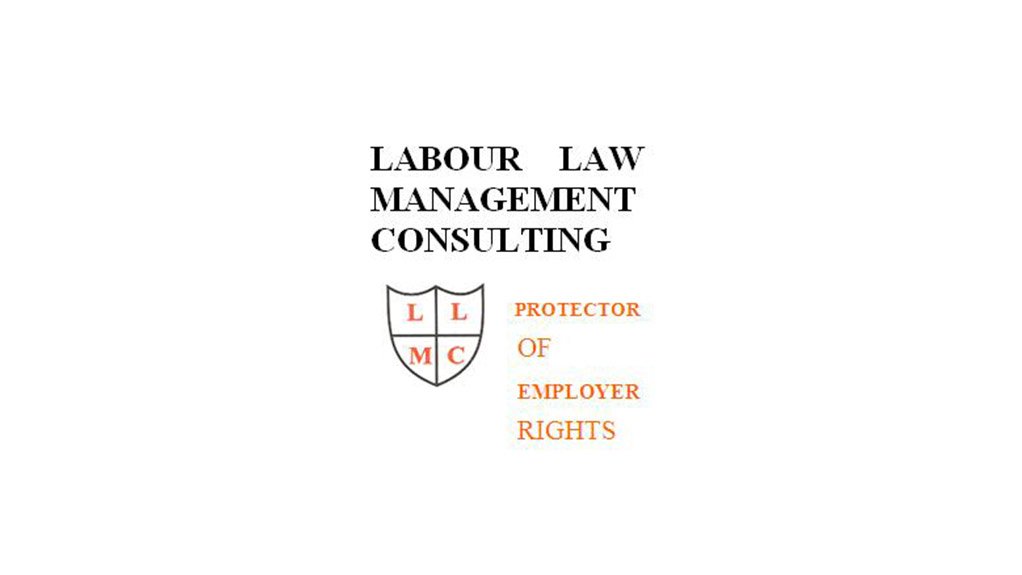Section 6 of the Employment Equity Act (EEA) prohibits unfair discrimination against an employee on arbitrary grounds One of these grounds is that of religion. This means that no employer is entitled to discriminate against an employee or applicant for employment purely on the grounds of the employee’s religion. However, not all discrimination is unfair. For example, it would be discriminatory for an employer to:
- Force employees who belong to one religion to be vaccinated against Covid but exempt adherents to another religion from being vaccinated
- Turn down a job applicant because he/she was Christian, Jewish, Moslem or a believer in any other religion
- Decide that only employees belonging to a specific religion will be allowed to go to church during working hours
- Require employees only of certain religions to work on public holidays.
While all of the above are examples of discrimination they will not necessarily always constitute unfair discrimination. Whether such discrimination is unfair or not will depend to an extent on whether or not the discrimination makes objective sense. For example:
- Where a particular religion unconditionally allows the use of medicinal drugs it would not necessarily be unfair discrimination to require an anti-vaxer who is an adherent of that religion to be vaccinated
- Turning down a Jewish person for the position of Pope would not be unfair
- Refusing to employ an atheist as a priest would be seen as fair
- It would not be unfair to allow only Muslims to go to mosque
A key contributing factor as to whether discrimination at the workplace makes sense is whether or not it is based on the inherent requirements of the job. For example, forcing employees to stop wearing emblems of their religion might be unfairly discriminatory especially if such emblems are worn under the clothing. This is because the wearing of such emblems is unlikely to affect the employees’ work circumstances in any way.
However, should employees working with machinery insist on wearing their religious emblems on chains dangling freely around their necks the employer would obviously be entitled to prohibit this on the grounds of safety. Such prohibition would then not constitute unfair discrimination unless employees of certain religions were allowed to wear the dangling chains and others were not. Hence, consistency also plays an important part in establishing the fairness of discrimination.
It is important to note that each case must be evaluated in terms of general principles such as consistency, the need for good sense and the inherent requirements of the job, as applied to the circumstances of each case.
In the case of Dlamini and Others VS Green Four Security (2006, 11 BLLR 1074) the employees, who were all security guards, belonged to the Nazarene religion. They had received an order to shave or trim their beards but refused on the grounds that the Nazarene religion forbade them to do so. As a result they were dismissed and claimed that the dismissal was automatically unfair as it involved unfair discrimination against them due to their religious beliefs.
The employer argued that:
- bearded guards looked untidy and that a tidy and clean-shaven appearance was both an inherent requirement of the job as well as a necessity of the image of the company.
- The employees had contractually agreed to be clean shaven
- The employees had been clean shaven when they were employed
The Court found that:
- The employees had failed to prove that cutting of beards was a central tenet of their religion and that they would have to suffer a harsh penance should they breach such tenet
- The employees worked on Sundays despite the fact that their religion forbade it. This indicated that the church applied its rules flexibly
- The employees had been selective about which religious rules they chose to follow
- The rules requiring guards to be clean shaven had been applied consistently by the employer
- Grooming is an important factor in all security establishments
- The employees had not been unfairly discriminated against.
Employers are warned that this finding does not mean that they will always win cases concerning alleged unfairness relating to religion or to the appearance of their employees. Employers require expert advice in applying the legal principles to each specific case.
To attend our 27 May webinar on MANAGING CONFLICT IN THE WORKPLACE please contact Ronni on ronni@labourlawadvcie.co.za or 0845217492.
Written by Ivan Israelstam, Chief Executive of Labour Law Management Consulting. He may be contacted on (011) 888-7944 or 0828522973 or on e-mail address: ivan@labourlawadvice.co.za. Go to: www.labourlawadvice.co.za.
EMAIL THIS ARTICLE SAVE THIS ARTICLE ARTICLE ENQUIRY
To subscribe email subscriptions@creamermedia.co.za or click here
To advertise email advertising@creamermedia.co.za or click here











